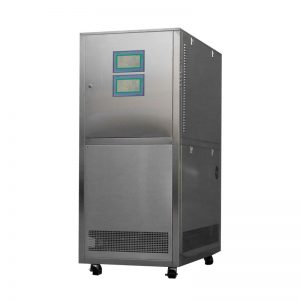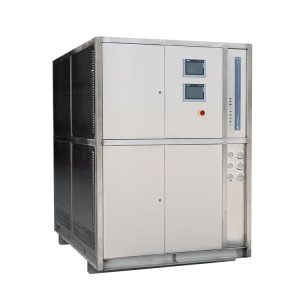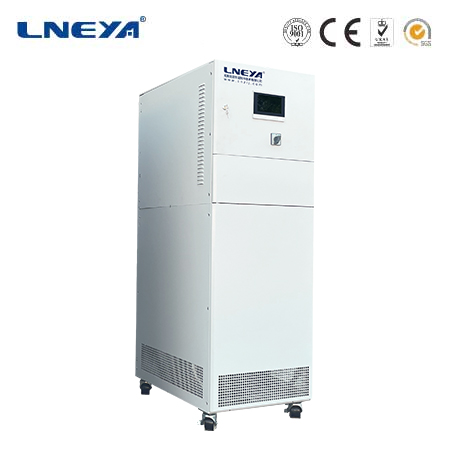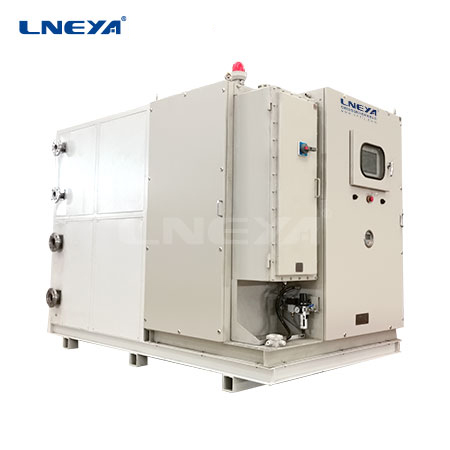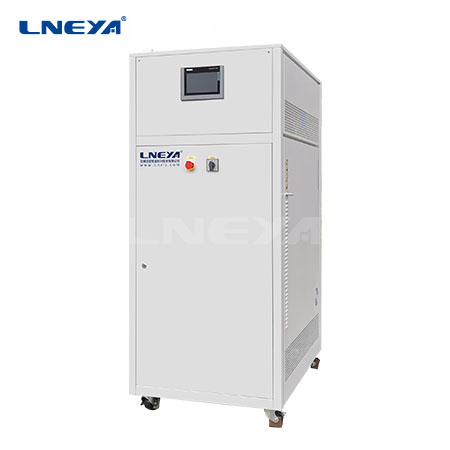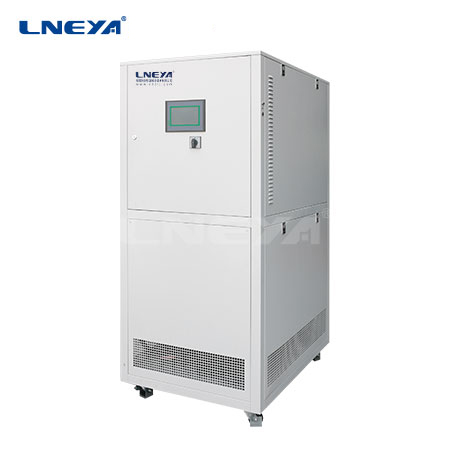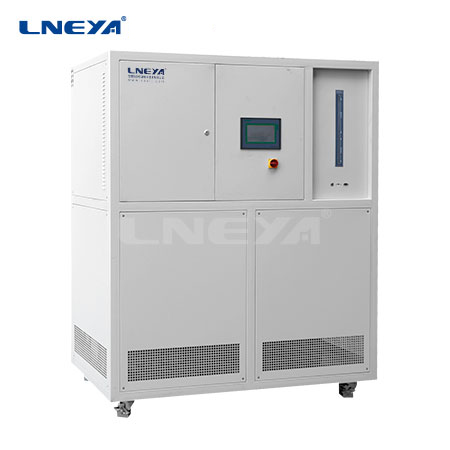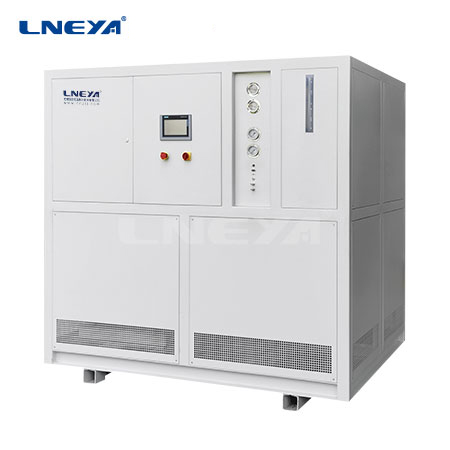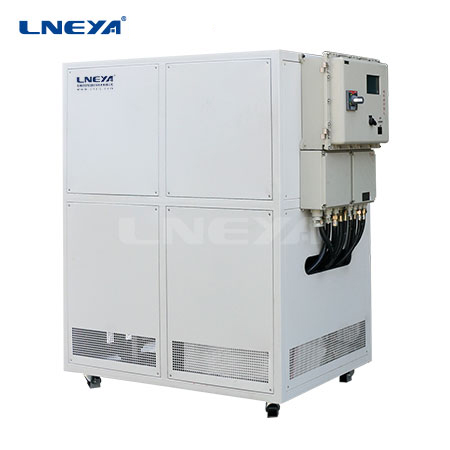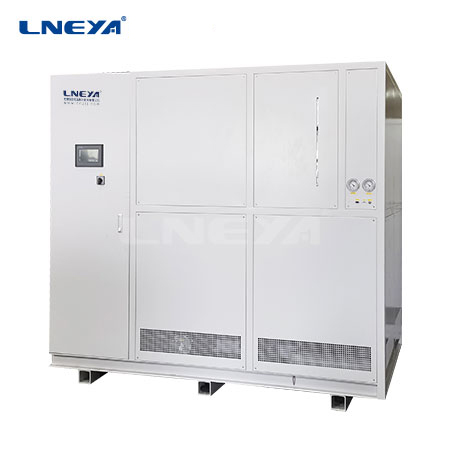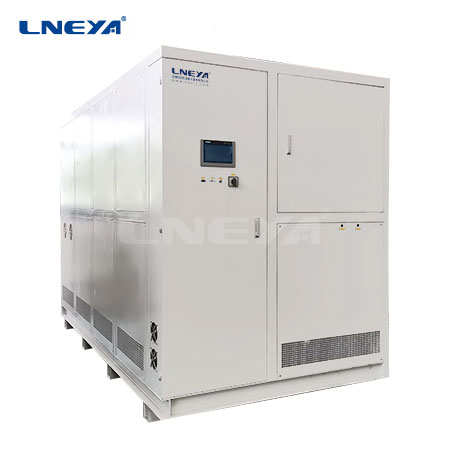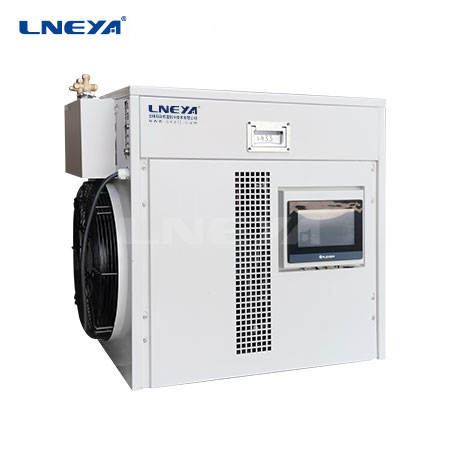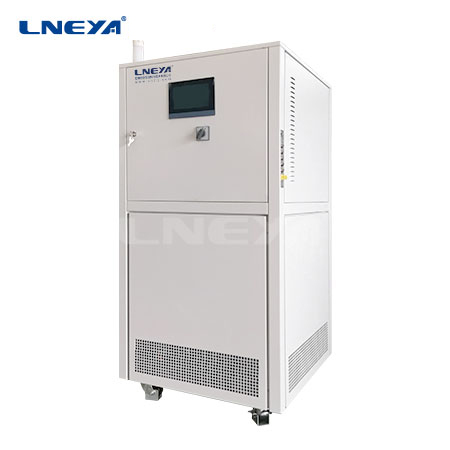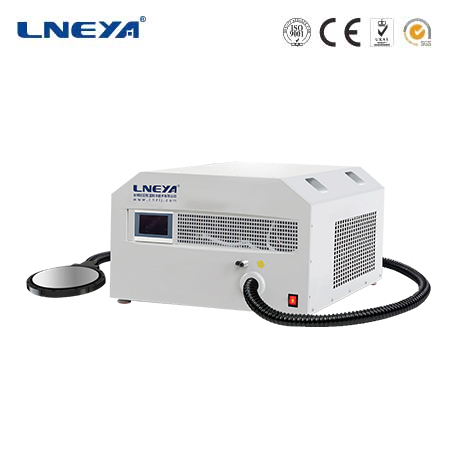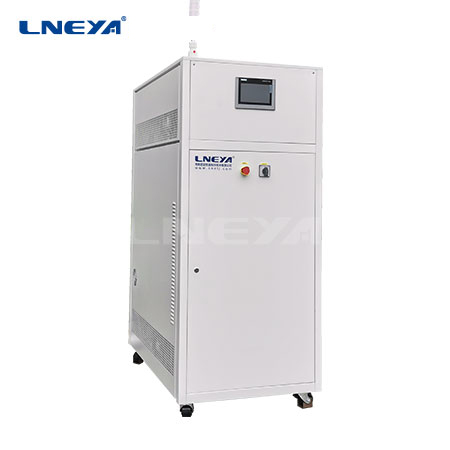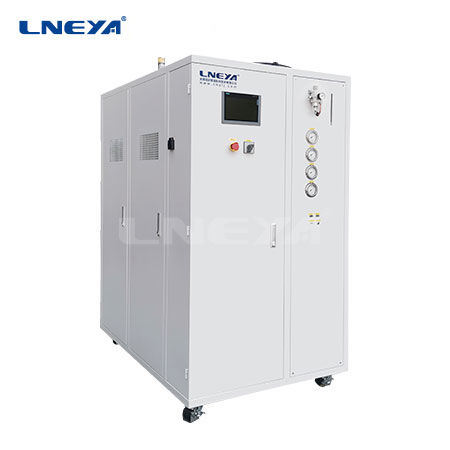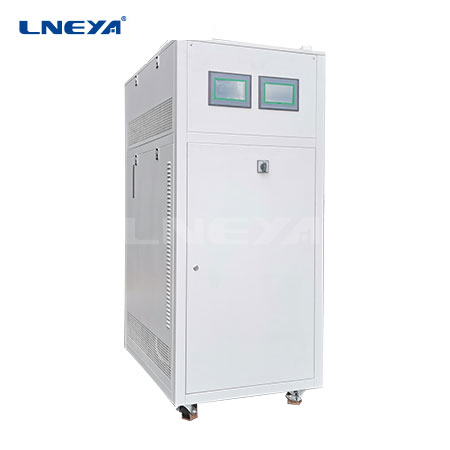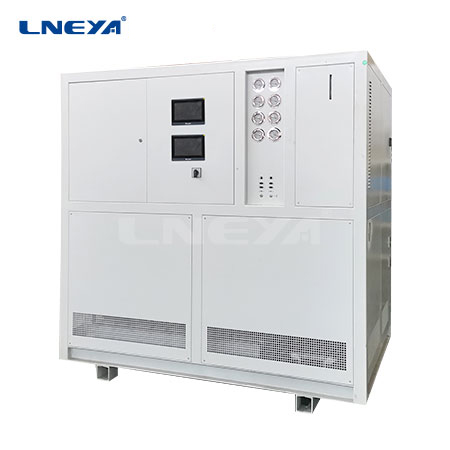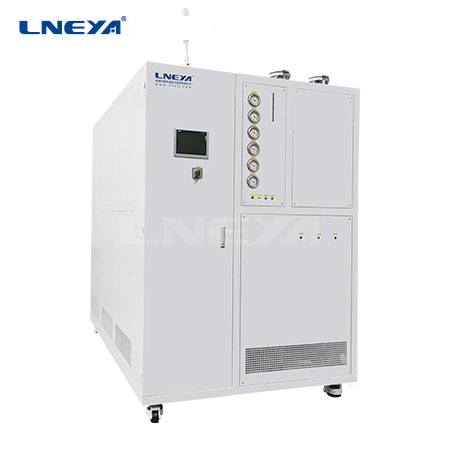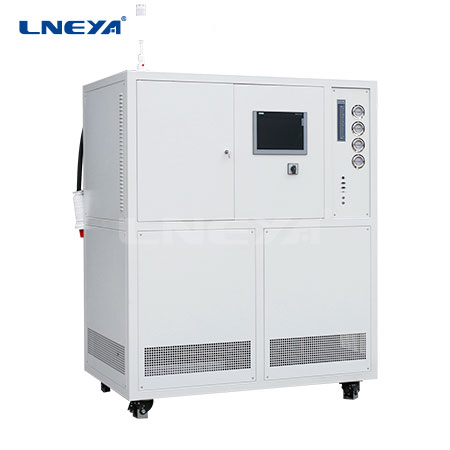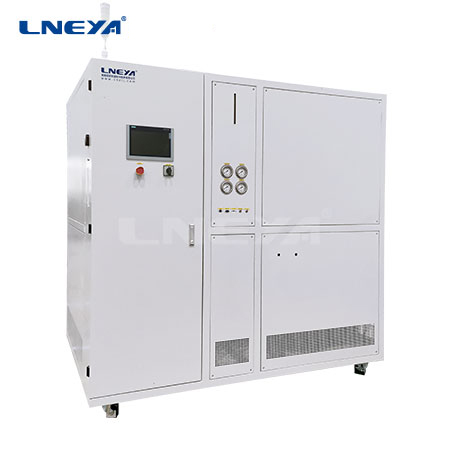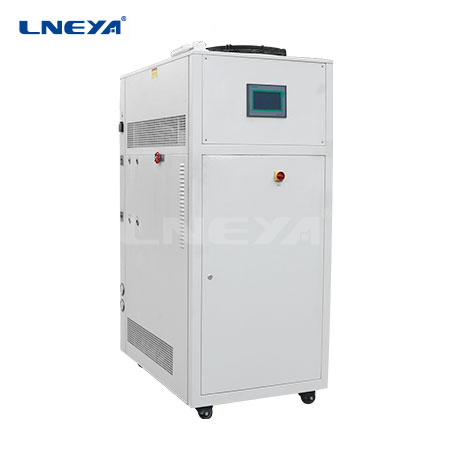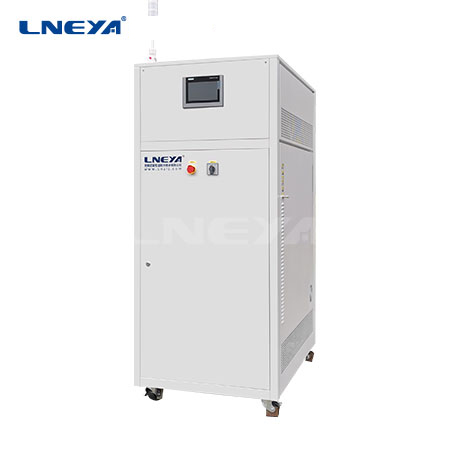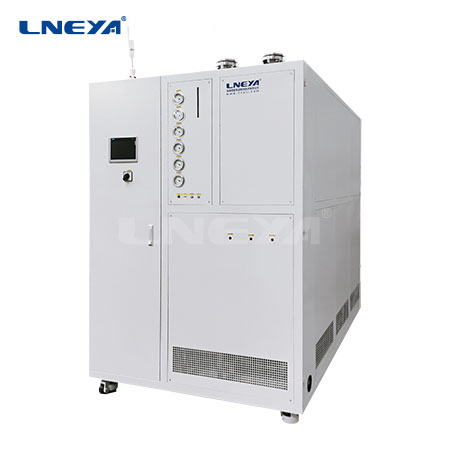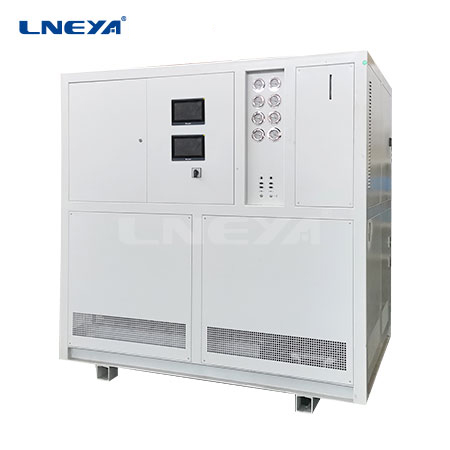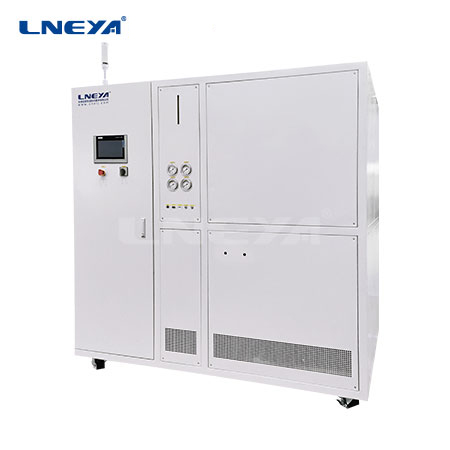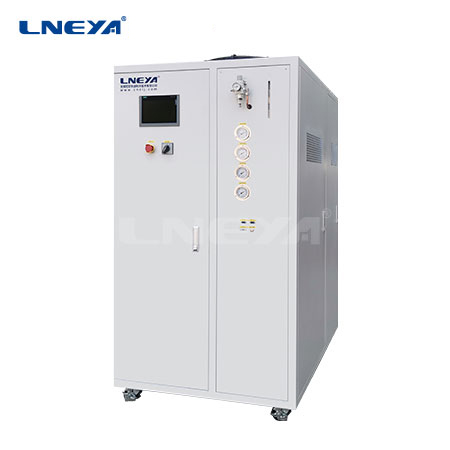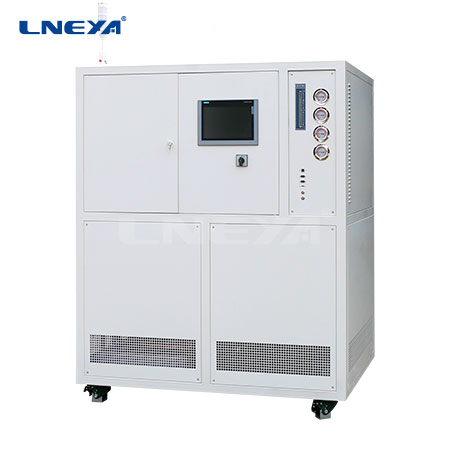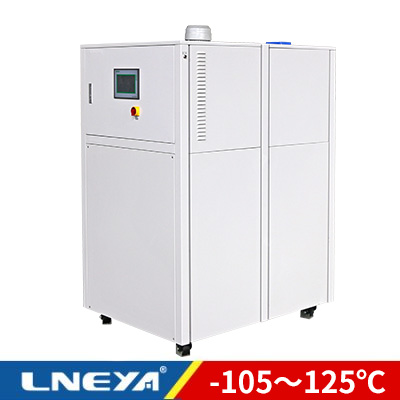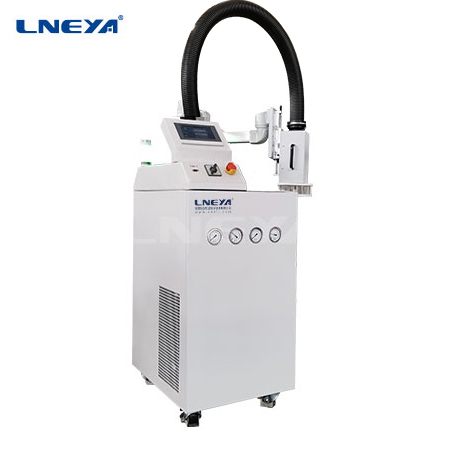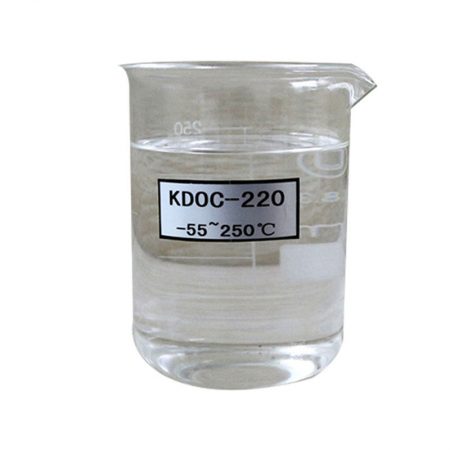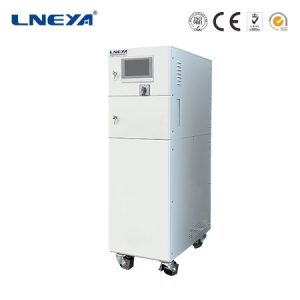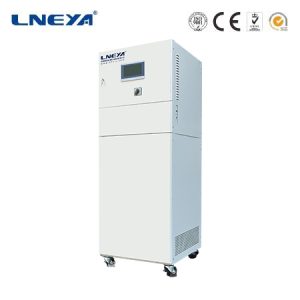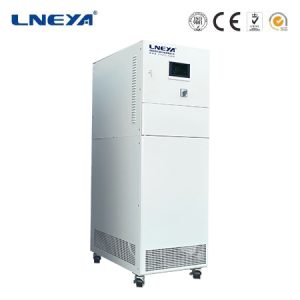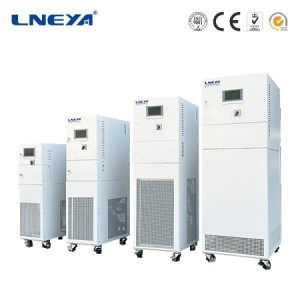Understanding Water-Cooled Chiller Efficiency
Water-cooled chillers are widely used in industrial and commercial applications for their ability to maintain precise temperature control. The efficiency of these chillers is a key determinant of their performance and the overall cost of operation. This article delves into the factors that affect water-cooled chiller efficiency, providing insights into how these systems can be optimized for maximum performance.

Factors Influencing Water-Cooled Chiller Efficiency
Type of Refrigerant:
The choice of refrigerant plays a significant role in the efficiency of a water-cooled chiller. Modern, environmentally friendly refrigerants can improve efficiency while reducing environmental impact.
Heat Exchanger Design:
The design of the heat exchanger affects the chiller’s ability to transfer heat effectively. Efficient heat exchangers maximize the transfer of heat from the refrigerant to the cooling water, enhancing overall efficiency.
Operational Conditions:
The efficiency of a water-cooled chiller can be influenced by the operating conditions, including the temperature of the water being cooled and the ambient temperature of the environment.
Maintenance:

Regular maintenance is crucial for maintaining the efficiency of water-cooled chillers. This includes cleaning the heat exchanger, checking the refrigerant levels, and ensuring that all components are functioning properly.
Environmental Conditions:
External factors such as temperature, humidity, and water quality can impact the efficiency of a water-cooled chiller. Proper management of these factors can help optimize performance.
Strategies for Optimizing Water-Cooled Chiller Efficiency
Proper Sizing:
Ensuring that the chiller is appropriately sized for the application can prevent it from operating inefficiently due to being over or underutilized.
Regular Maintenance:
A consistent maintenance schedule can help identify and address issues before they impact efficiency.
Use of Energy-Efficient Components:

Investing in energy-efficient components, such as variable frequency drives (VFDs) for the pumps and fans, can reduce energy consumption.
Control Systems:
Advanced control systems can monitor and adjust the operation of the chiller to optimize efficiency under varying conditions.
Water Treatment:
Proper treatment of the water used in the cooling process can prevent scaling and fouling of the heat exchanger, which can reduce efficiency.
Conclusion
Water-cooled chiller efficiency is influenced by a variety of factors, including the type of refrigerant, heat exchanger design, operational conditions, and maintenance practices. By understanding and addressing these factors, users can maximize the efficiency of their water-cooled chillers, leading to reduced energy consumption and lower operational costs. Regular maintenance, proper sizing, and the use of energy-efficient components are all strategies that can contribute to improved efficiency.
Note: This article is intended for informational purposes only and should not be considered as professional advice. For specific applications, it is recommended to consult with a qualified HVAC professional.
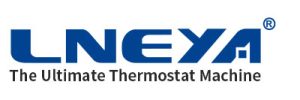 LNEYA
LNEYA
 简体中文
简体中文







